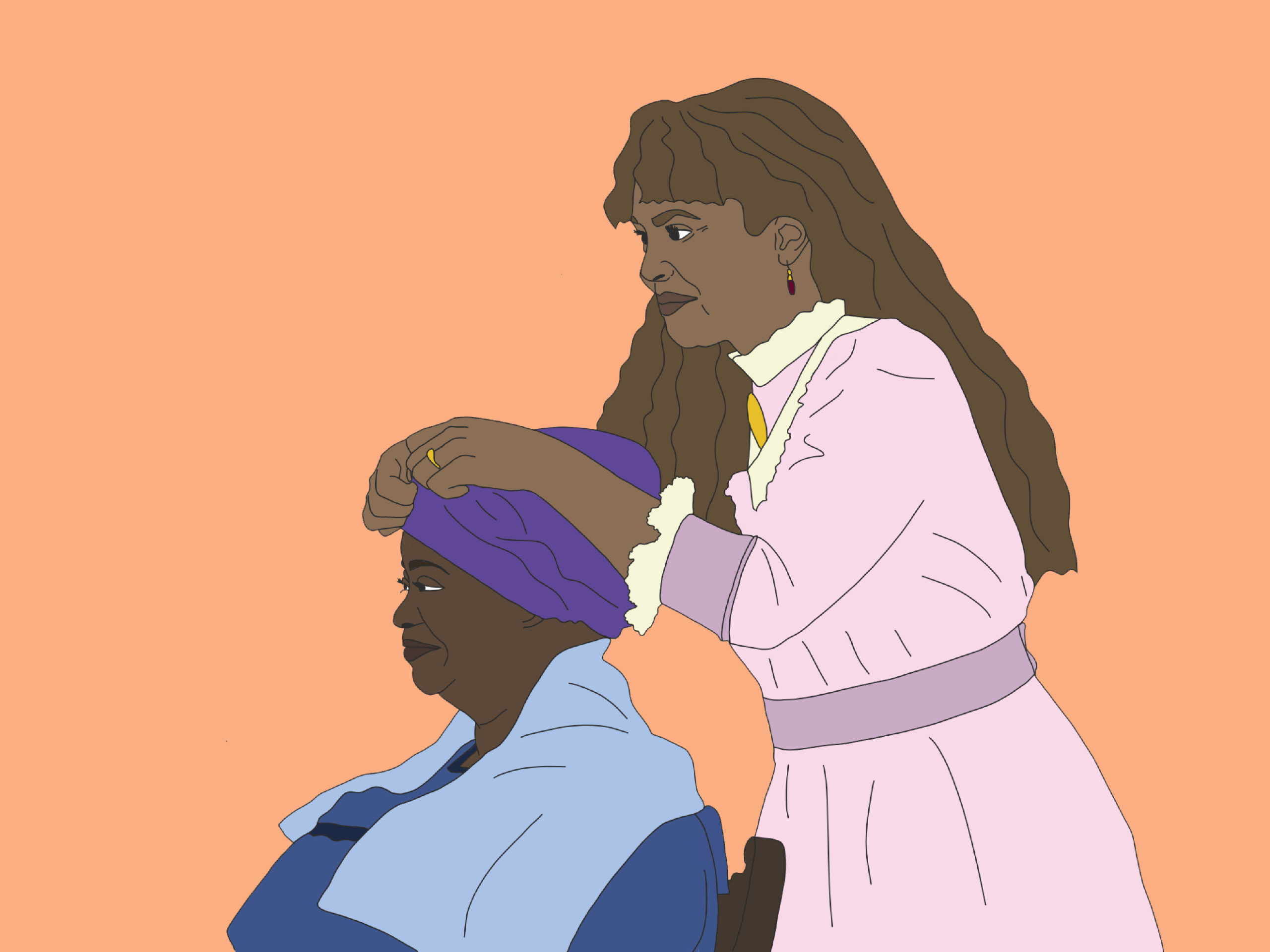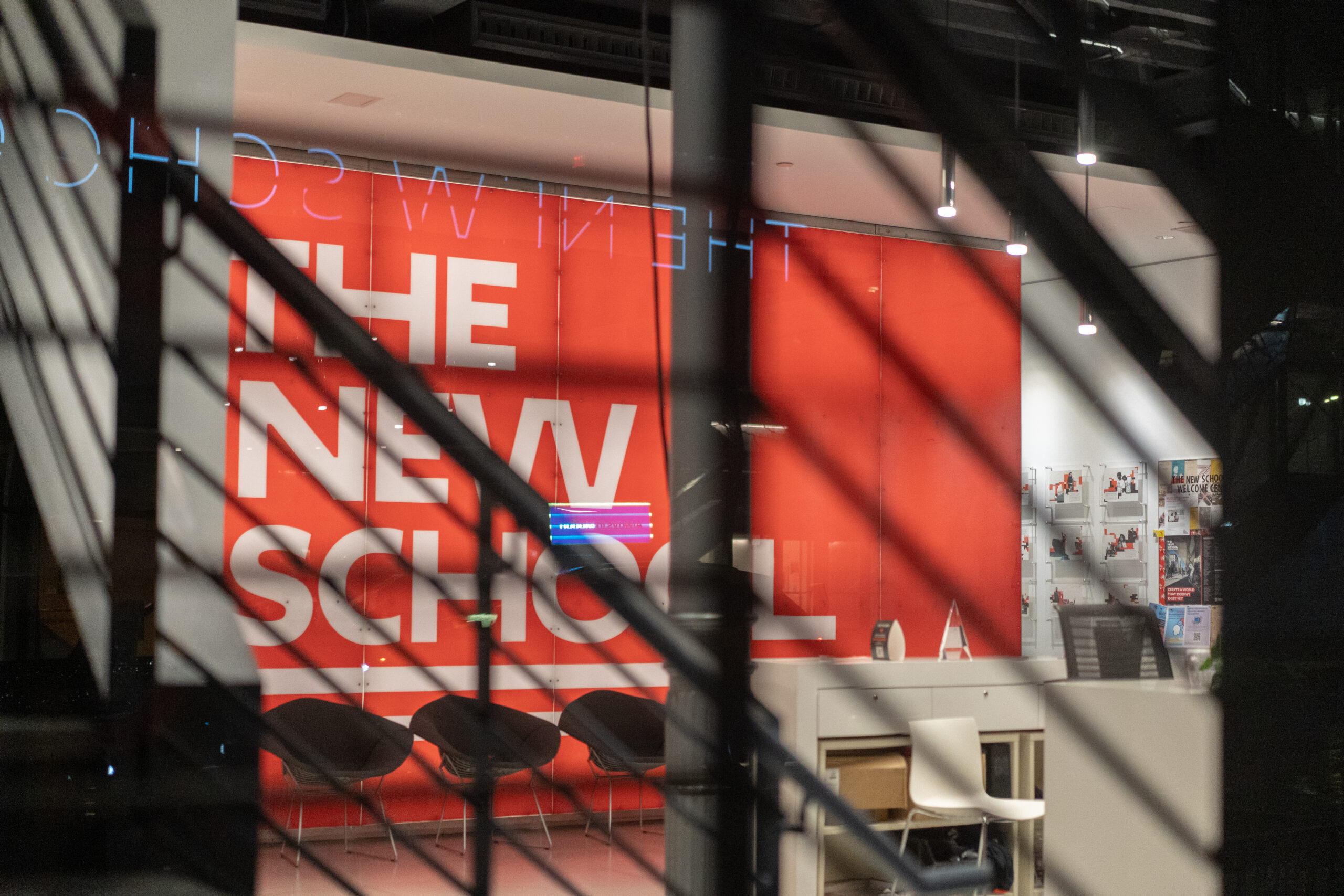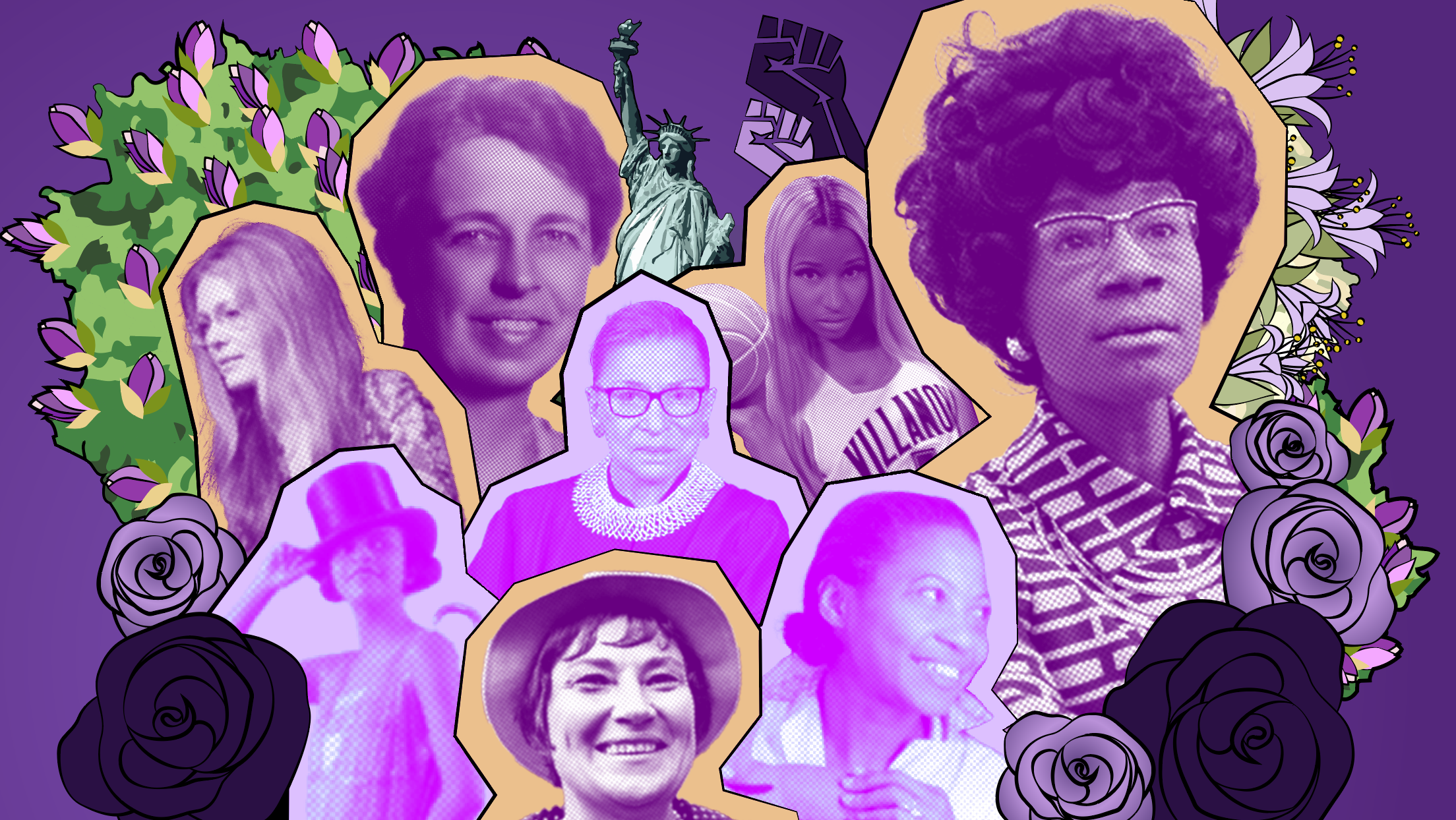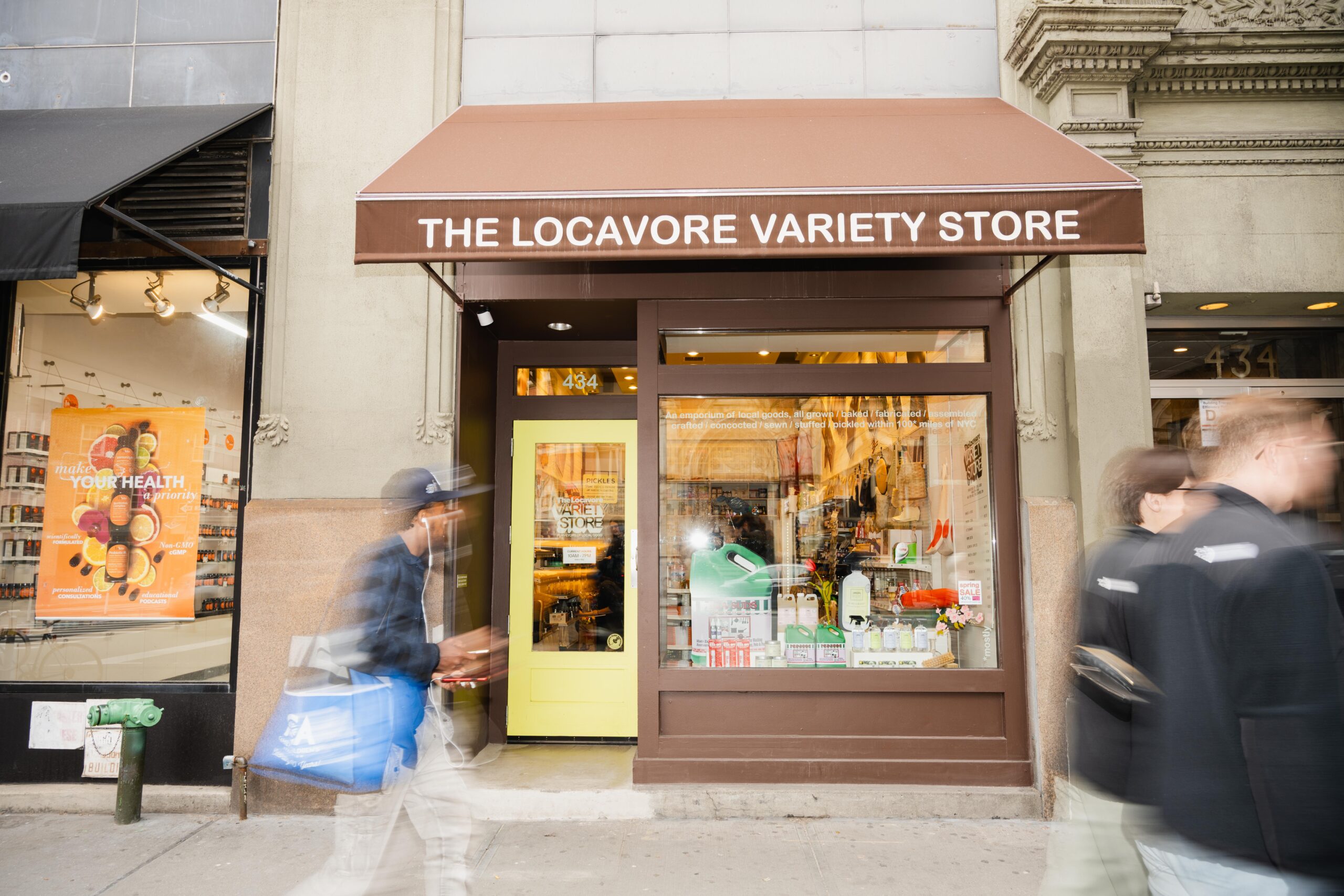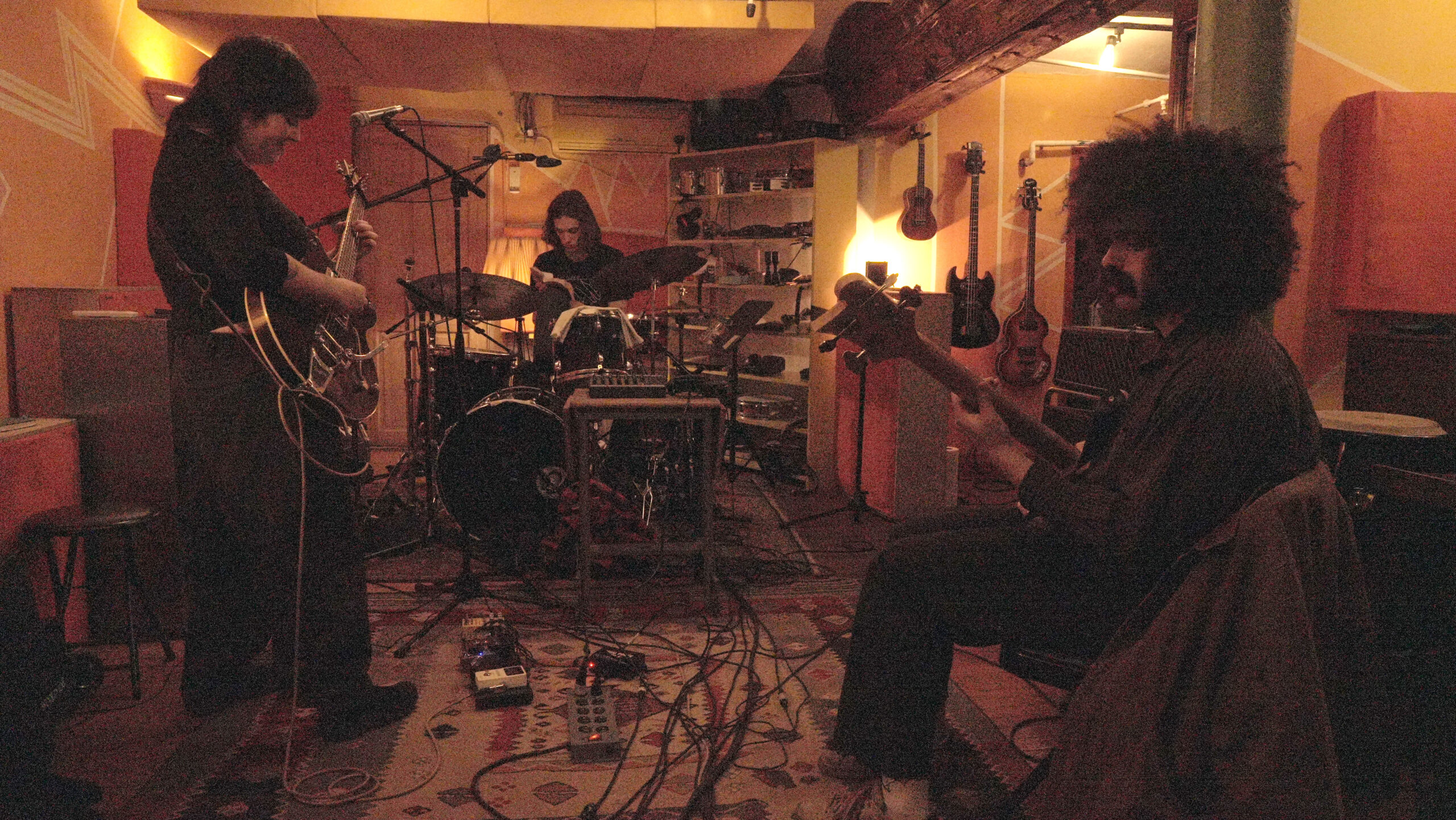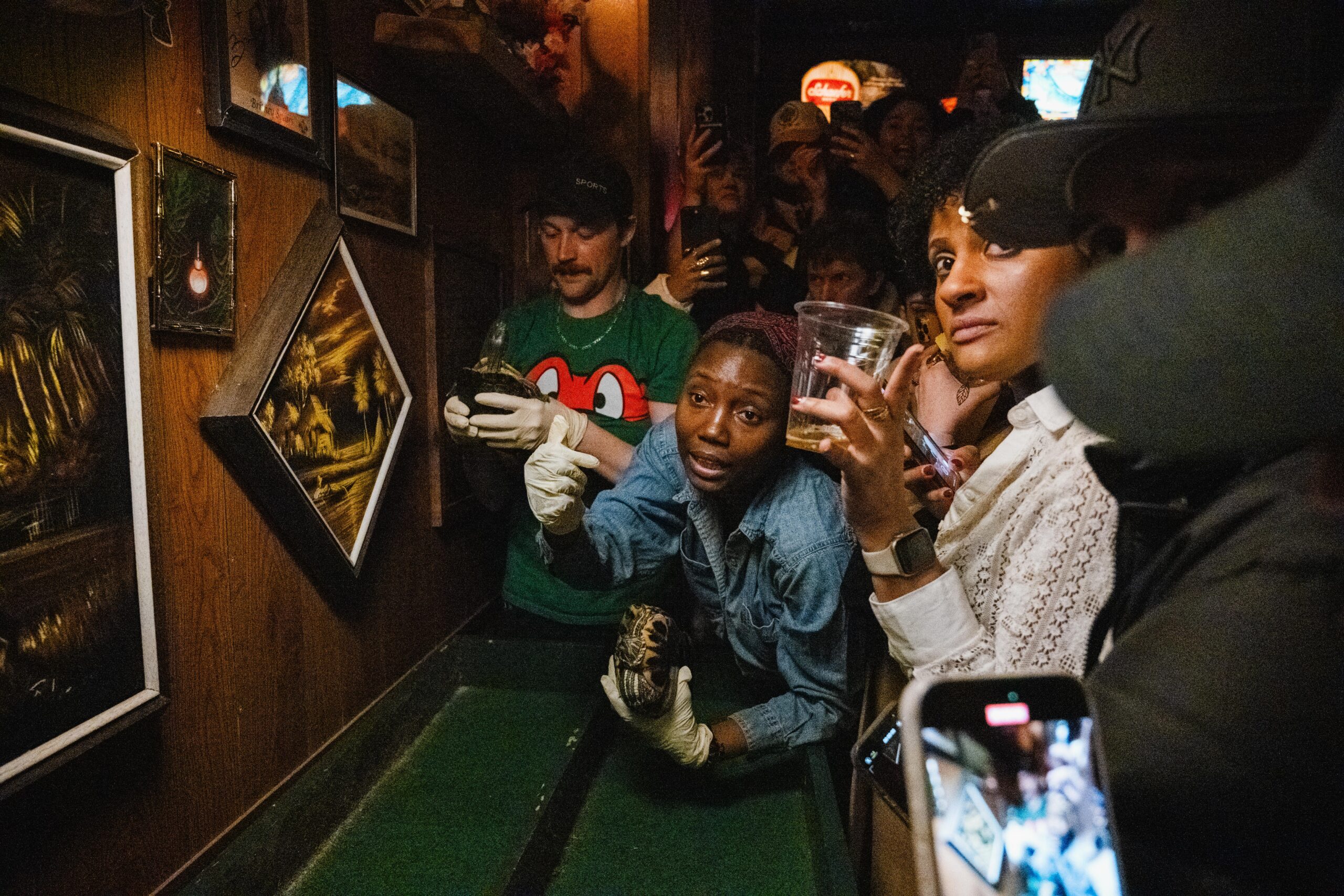When I was a little girl I spent hours in the library looking for books to take home, and I searched the shelves for books with people who looked like me on the cover. My mother noticed that all the ones I found had pictures of “nappy”-headed slave girls. One Black History Month she made me Google Madam CJ Walker, and ask, “Does the library have any books about women like her?” I looked at black and white pictures of Madam CJ Walker, wondering what it took to make a dream into a reality during the Reconstruction Era, as a black woman.
“Self Made” is a four-episode mini-series on Netflix that tells the story of Sarah Breedlove, Madam CJ Walker’s given name. She was the first female self-made millionaire, who would revolutionize and give birth to a legacy that is the current Black beauty industry, an industry that is worth 2.5 billion dollars today. When I found out Netflix was going to bring Madam CJ Walker’s story to life, I took Netflix’s news with a grain of salt, knowing the stakes only rise when it’s a great woman’s life involved, not just a story.
The mini-series starts off with Sarah’s hair falling out from the stress she had endured being a washerwoman and young mother. Addie, a light-skinned, skinny entrepreneur, finds her in despair after her second husband has left her, and heals her scalp with her magical growing ointment. Sarah becomes a regular customer of Addie’s and asks her if she can sell her product for her. Addie refuses, telling Sarah she can’t sell her product because of how she looks. In response, Sarah makes her own ointment and begins outselling Addie by being the better saleswoman. Combating misogyny and racism along the way, Sarah makes her first million and goes on to be the wealthy businesswoman she’s set out to be.
Despite the great directors behind the series, Kasi Lemmons and DeMane Davis, “Self Made” is full of plot points that don’t go anywhere and don’t add to the depth of the story. When Sarah and her daughter notice Addie’s black eye, they acknowledge that she probably got it from her husband because he used to beat her, but then nothing happens. The story of Addie’s abuse is never addressed in the plot. Another significant moment in Sarah’s life that was picked up and dropped: an attempted rape. These are important issues, not just flashy plot points to insert drama into a stale series. If any one of these issues were fleshed out and resolved, it wouldn’t be so disrespectful to the people closely affected by them on a daily basis. In any realistic narrative, even fictional, the representation of real human issues has to be for the sake of telling a meaningful story. When you introduce a topic like rape into a drama without truly addressing it,it desensitizes the audience to that reality and almost presents it as normal behavior, rather than critiquing or illuminating anything about it.
The message about Black beauty in “Self Made” pivots from, “You aren’t beautiful because you have dark skin,” to “You can replace beauty with money.” At no point does Sarah deal with the true reasons why she didn’t feel beautiful, or the reasons why her hair fell out in the first place. This drama didn’t take me on the journey to feeling beautiful as a Black woman. Beauty is a complex issue that is highly connected to the legacy of slavery in America, a legacy Sarah was born very close to. As far as I can tell, by the end of the series, Sarah is a millionaire who still feels ugly and is haunted by a skinny, light-skinned beauty. What message is this to younger viewers?
Colorism is never squashed. Addie and Sarah both go head-to-head and both play into colorism. On multiple occasions in the series, Sarah refers to Addie as a “High Yeller,” implying that Addie is arrogant because she’s lighter-skinned. Addie explicitly tells Sarah she’s too dark to sell her product. Addie never acknowledges how colorism has hurt her mentally and emotionally, and how it has blocked her from sistership, comradery, and family amongst other Black women. In a series that seems to want to tackle issues such as beauty and colorism, this is another issue that just falls flat, with no true resolution.
When it comes to colorism, all sides are hurt by this construct. Placing all the blame on Addie doesn’t truly explain how colorism is internalized by all people of color. Healing doesn’t come through hating human beings who are victims of a dominating system but in coming together to collectively work through the scars that the system left.
I no longer find “bitch fights” on TV amusing, knowing that they reflect a society that tells us there aren’t enough seats at the table, especially for Women of Color. I expected the Madam CJ Walker story to empower women to love each other because that’s the CJ Walker story I know. It hurts even more when I find out that this highly color motivated battle isn’t even grounded in historical fact.
The legacy of colorism is still in the air we breathe today. Colorism affects more than your pockets and is something that mentally continues to hold the Black community hostage. Despite Sarah overcoming not “looking the part,” she never truly dealt with her own biases and pain from colorism, neither did Addie. At the end of the day, colorism, racism, and empty plot holes won out.

